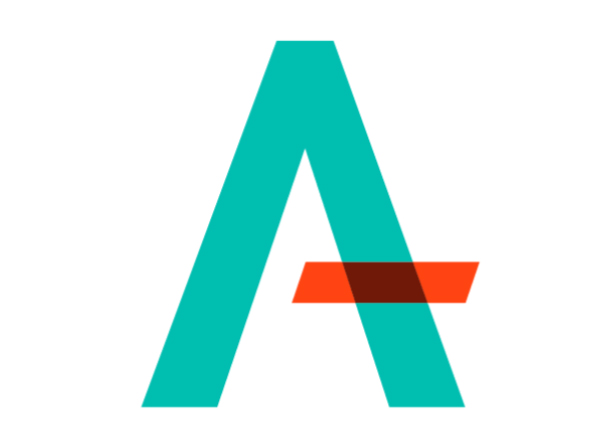The Communications Decency Act, Section 230, also known as CDA 230, is a law that is supposed to protect online speech. While it does this in some ways, vague language in the law has been the cause of confusion and misinterpretation.
Part of CDA 230 states that "No provider or user of an interactive computer service shall be treated as the publisher or speaker of any information provided by another information content provider." What this means is that platforms can not be held responsible for content that people post on the platform. While platforms can have different guidelines for what kind of content is allowed on their specific platform, they are not liable for what is published by a user.
CDA 230 has been hugely misinterpreted by different courts across the United States. According to an article published by the National Center on Sexual Exploitation (NCOSE), two court cases in the 90s gave a conclusion to this effect: "If an online service did little or nothing to curb illegal or harmful content, it would not be held liable. However, if an online service made an active effort to curb such content, it could be held liable precisely because of those efforts."
Because of these and other court outcomes coupled with the vague language of the law, there is no incentive for platforms to try to limit dangerous content because then the platform could be held liable.
A set of laws passed in 2018 called the Allow States and Victims to Fight Online Sex Trafficking Act of 2017 and the Stop Enabling Sex Traffickers Act of 2017, otherwise known as FOSTA-SESTA, were passed to clarify that companies would be held liable if they "knowingly or recklessly facilitate sex trafficking and/or promote the prostitution of others (pimping)." Although these laws are in place, there have already been court cases that have not adhered to FOSTA-SESTA because of the language of CDA 230.

